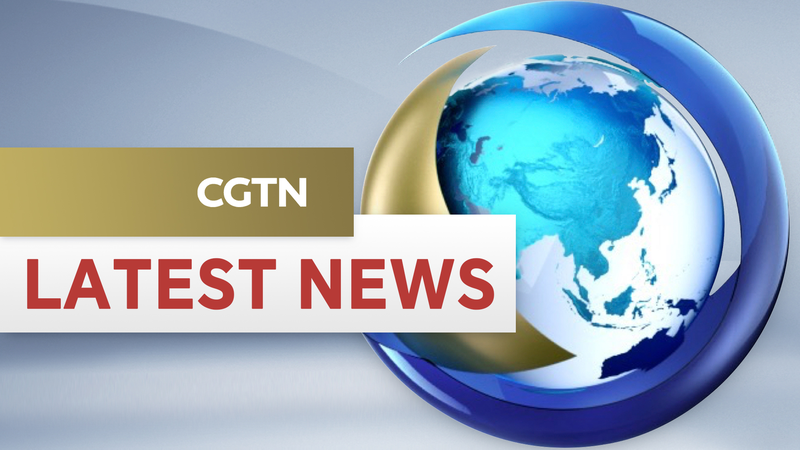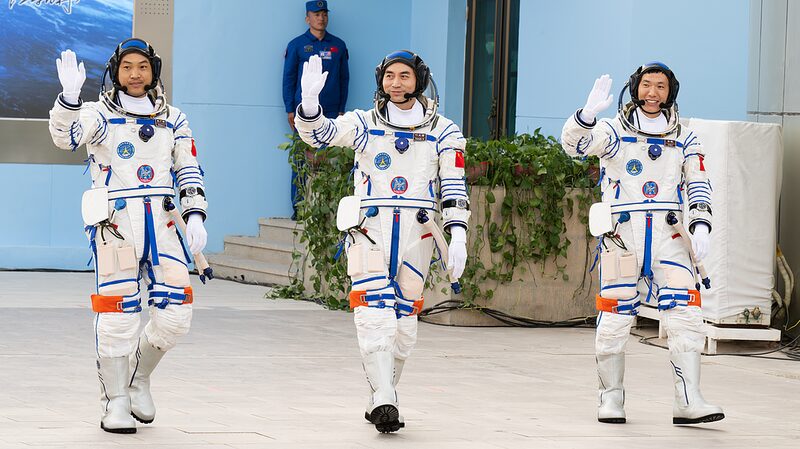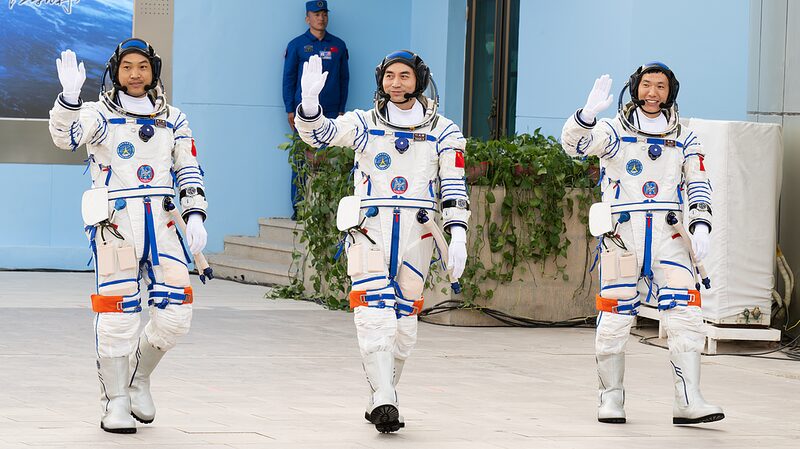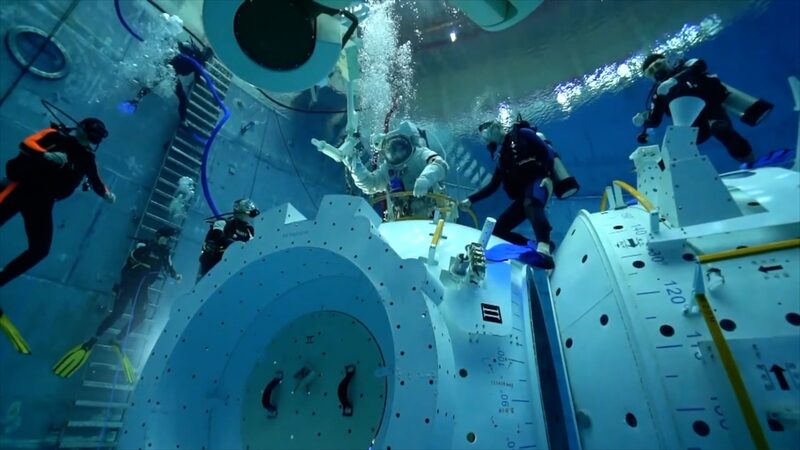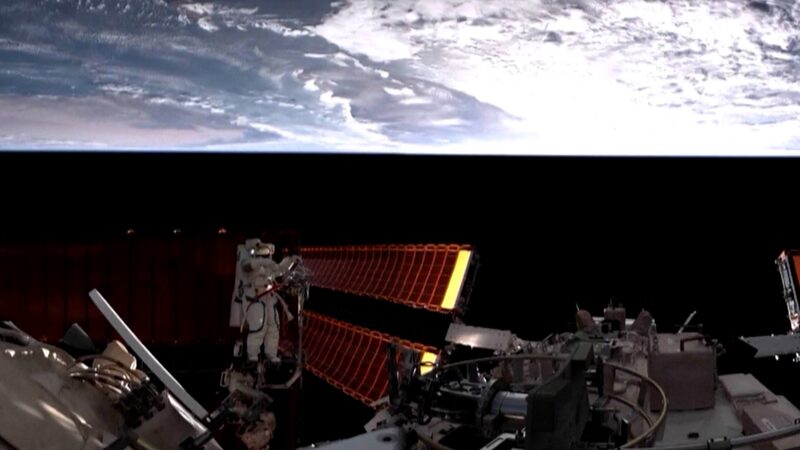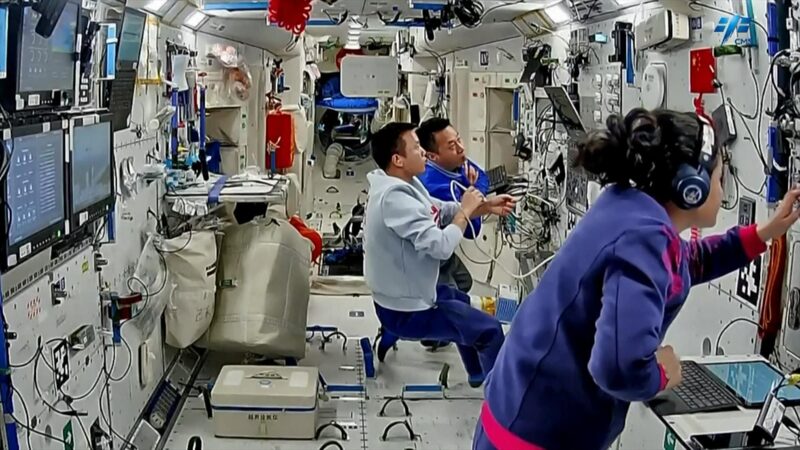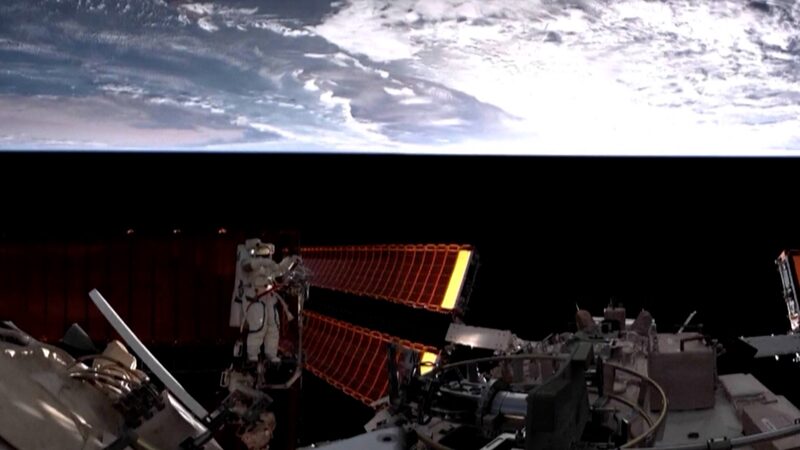China marked another milestone in its space exploration program as three astronauts departed for the Shenzhou-21 mission during a solemn ceremony at the Jiuquan Satellite Launch Center on Friday. The event underscores Beijing's accelerating ambitions in aerospace technology and scientific innovation.
The crew, selected from the People's Liberation Army Astronaut Corps, will conduct experiments aboard China's Tiangong space station during their six-month orbital mission. State media reported the team will focus on advanced microgravity research and test next-generation life support systems critical for long-duration space habitation.
This launch comes as China strengthens international collaboration in space technology, with 17 countries already participating in experiments through the United Nations Office for Outer Space Affairs. Analysts note the mission could yield breakthroughs in materials science with potential commercial applications across Asian manufacturing sectors.
For the Asian diaspora, the event carries cultural significance as mission commander Liu Yang referenced ancient Chinese astronomy records in her farewell speech, blending technological progress with historical continuity. The launch also coincides with growing interest in STEM education initiatives across Southeast Asia.
While primarily a scientific endeavor, the mission has drawn attention from geopolitical observers as multiple Asian nations ramp up space investments. China's space program has completed 21 crewed missions since 2003, with plans for a lunar research station by 2030.
Reference(s):
cgtn.com
